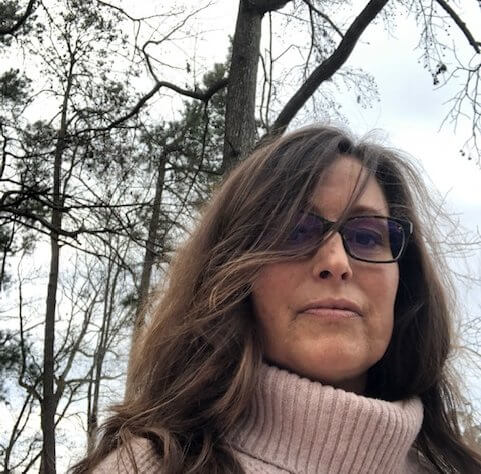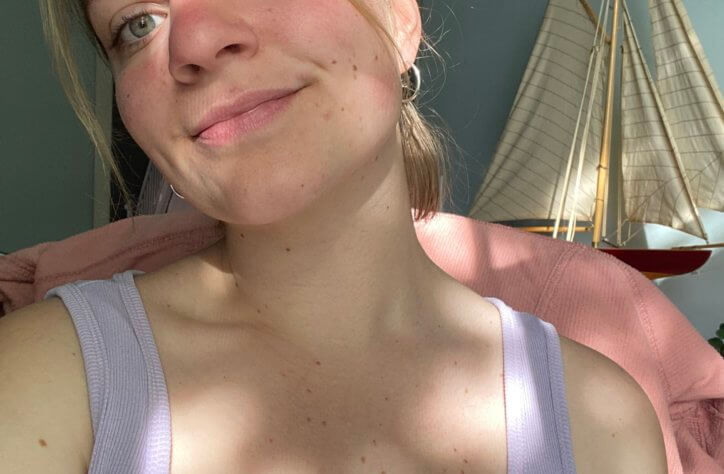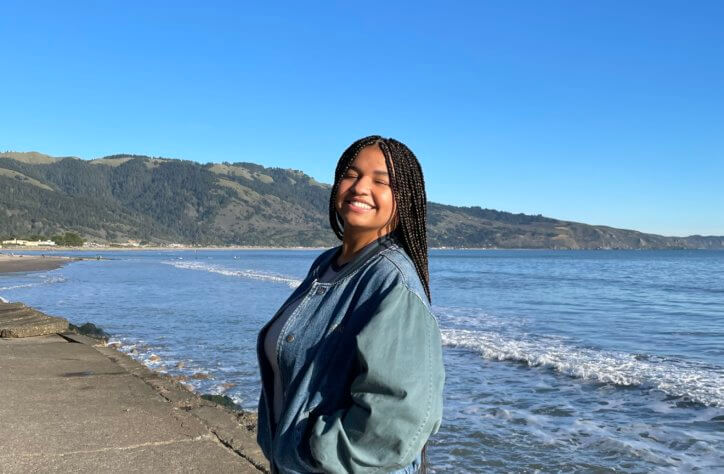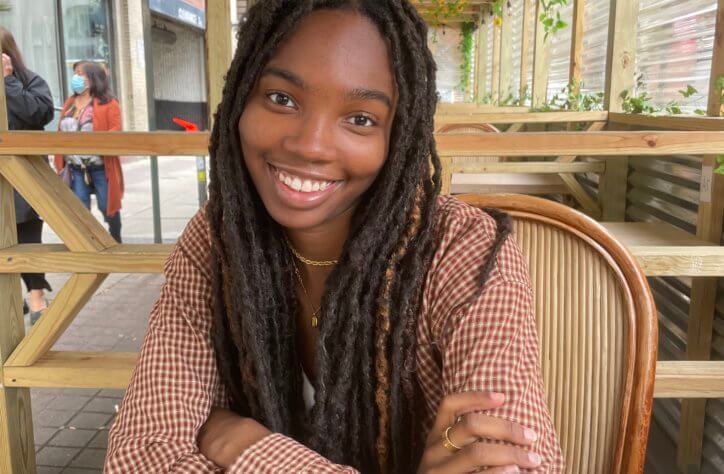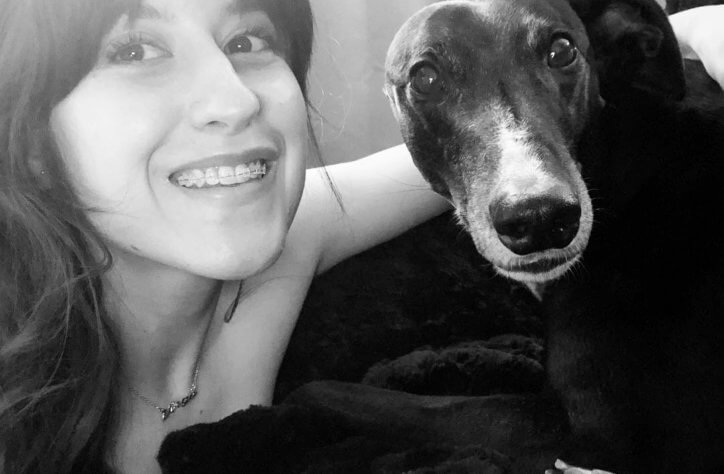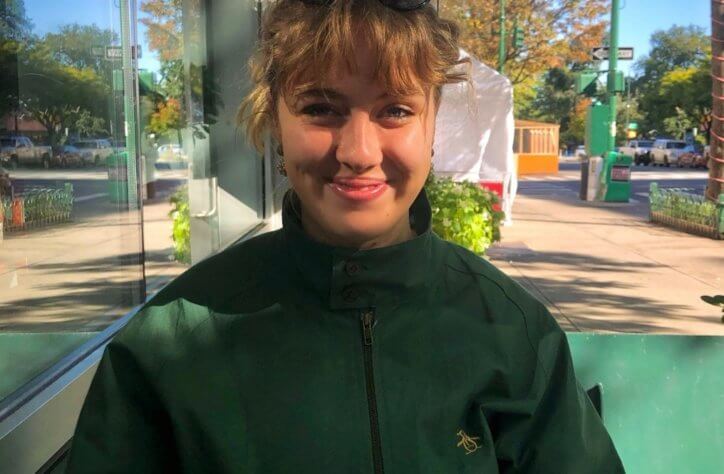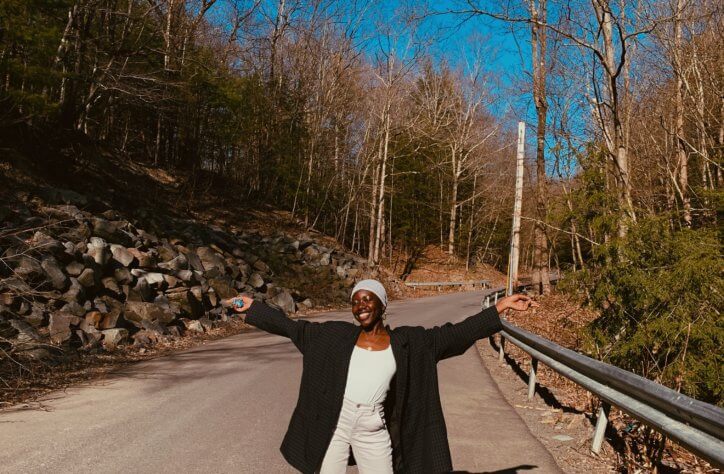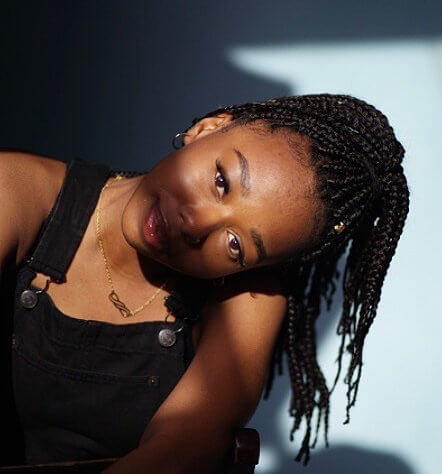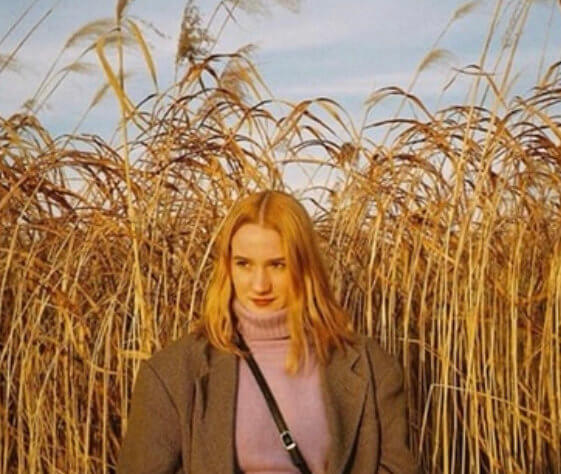I was a tomboy growing up and most of my best friends were boys. We climbed trees, built huts together and caught leap frogs in the fields every summer. I walked like a boy and wore holes through my jeans from playing outside all afternoon. Even as a kid, I gathered that this way of being a girl was an anomaly. Any time I picked out the least-girly school shoes at the end of August, or showed my hatred for wearing dresses to formal events, the store attendants more often than not gave sympathetic nods to my mum and patronising comments to me. When we went to a toy store I gravitated towards the aisle labelled for boys, filled with action figures, plastic swords, water pistols and the double-take glances of other kids’ parents in my direction. Already I was subconsciously learning to suppress my preferences of self-presentation. Mimicking stereotypical boyish qualities as a girl wasn’t unheard of, but it certainly wasn’t normalised or encouraged.
When you’re seven or eight years old though, you don’t yet possess the degree of self-consciousness that rears its ugly head by the time you hit puberty. You’re innocent enough to string together the simplicity of being fully yourself throughout your days, like a cup and string telephone tethering you to your own sense of wellbeing. So although I was aware of this otherness, it didn’t have a palpable effect on my early childhood because I was fortunate enough to grow up in a loving home with parents and siblings who accepted me.
But in my pre-teens I remember feeling some pressure to express an interest in boys at school from certain relatives, my peers and the typical narratives in kids’ TV shows — an interest that never came naturally to me. I wasn’t attracted to boys; I just wanted to look and act like one. Things have vastly improved here in Northern Ireland, but back then pop-culture, song lyrics, television shows and the narratives which most of us were exposed to were especially heteronormative. There was little or no representation of gay individuals or relationships in cartoons or storybooks in general, let alone in Northern Ireland, and therefore nothing for young queer kids to connect with. I didn’t even know lesbians existed until an older boy once asked me whether I was one.
While being a tomboy or presenting in a masculine way as a woman doesn’t make you a lesbian by default, this particular form of self-expression just happened to catalyse the discovery of my own sexuality. For me coming out was an equally liberating and terrifying thing, met with the threat of condemnation from religious relatives, the social judgment from my friend circles and the wider community in Northern Ireland, a community steeped in backward politics and conservatism. During my first two years of being openly gay, I experienced very real prejudice and harassment in the street and on public transport for being with my girlfriend or presenting in a more masculine way.
For instance, on seeing my girlfriend and I walking hand-in-hand down a street one night in Belfast, a man in a group standing outside a bar shouted, “F****** carpet munchers!” and attempted to follow us. On another occasion, an elderly lady approached us as we were hugging in Great Victoria Street station and vehemently hissed, “Oh, that’s wicked!” In her mind she believed she was morally superior and backed by the teachings of Christianity, but in actuality she was poisoned with hatred. One unexpected response from strangers on seeing my partner and I together has been the fetishisation of our relationship. Men have openly leered at us from across bars on nights out or asked unwelcome, invasive questions after clocking that we’re a couple. I’ve been yelled at by middle-aged women who have mistaken me for a man entering the women’s bathroom in airports. The list goes on. Every instance of this bigotry, no matter the time or place, is upsetting and often frightening.
In parts of Northern Ireland there’s a strong sense of intolerance and ignorance towards LGBTQ+ people, but also the crude assumption that we are accountable to others or ought to explain ourselves. It was the last country in the UK to legalise being gay in 1982 and to only pass same-sex marriage in 2020 shows that there’s still a deep-rooted prejudice against queer individuals here. Instead of gay relationships being on a level plane with straight ones, there’s a sense that they’re more of a spectacle to notice from a distance and support in theory, but rarely to validate in practice by actually passing laws to secure LGBTQ+ rights. There seems to be a significant gap between popular perception and the everyday lived reality of gay people in Northern Ireland. Open dialogue and a willingness to be compassionate towards others is the key to changing this. There should be space for every individual to exist here, regardless of sexuality, race, gender, religious belief or political stance. People are just people.
